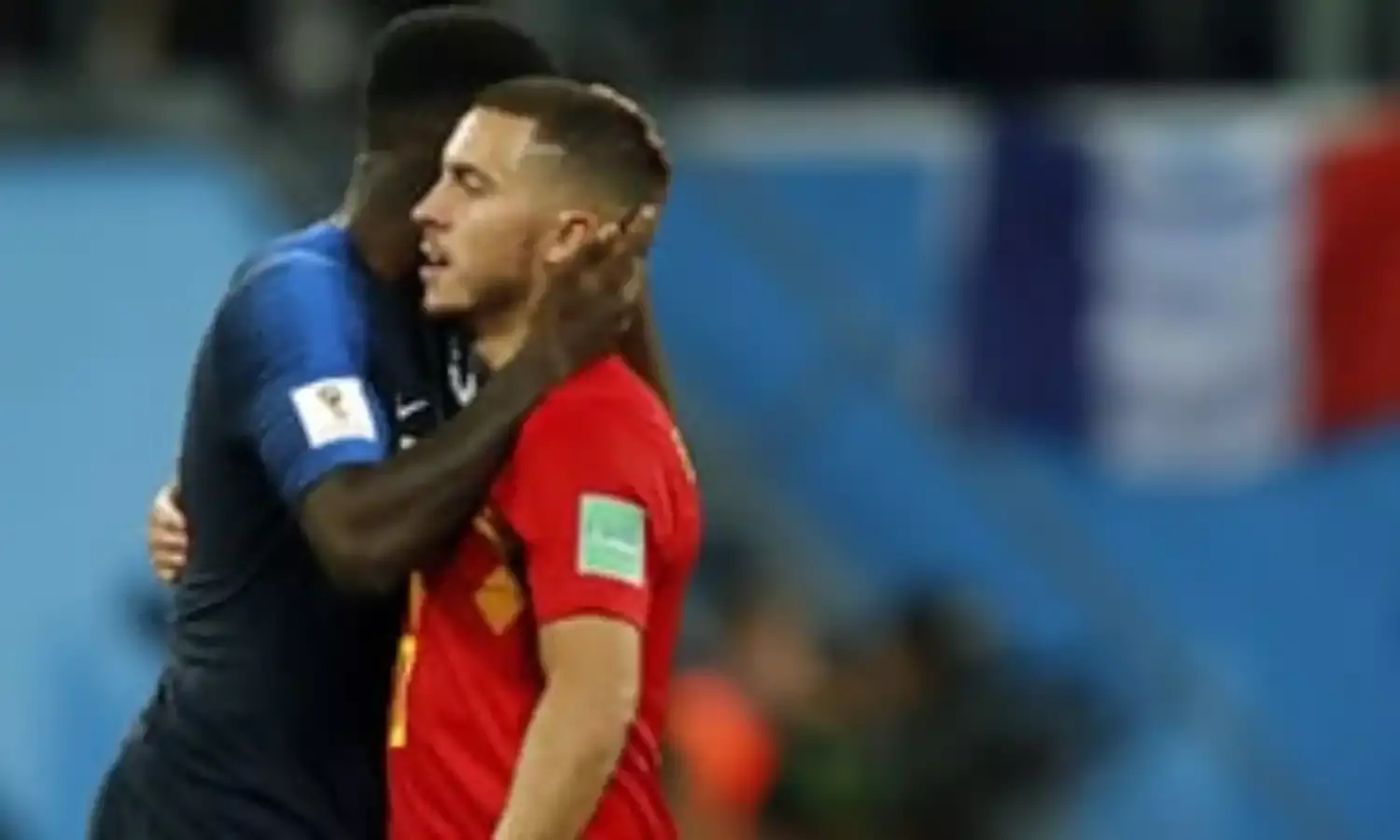World Cup 2018: Migrants Bring Golden Diversity to Unity
Representing their country, their heritage and themselves

Yesterday at the Saint Petersburg Stadium, France held off Belgium in a close and hard-fought 1-0 victory, earning a place in the 2018 World Cup Final. Les Bleus await the winner of the second semi-final between Croatia and England.
2006 was the last time the penultimate stage of a World Cup was all-European.
A closer inspection of the representing squads suggests the tournament is more than thirty-two nations vying for footballs most coveted accolade. A deeper narrative of migration, global diversity and change emerge.
FIFA rulings allow a player to represent different countries at youth and senior international levels – so long as certain criteria are met. Footballers who have not represented a country may choose between their country of birth, country of their parents/grandparents, or a country they have resided in continuously for five years, after the age of 18.
Frances 1998 World Cup winning squad was celebrated for its diversity – "This is a France that wins and is, for once, united in victory." – president Jacques Chirac.
The current team has the highest percentage of migrants in the World Cup. Twenty-one of the standard twenty-three-man squad are either, migrants themselves or children of migrants – fourteen of which are from African nations.
Twelve of the Belgium squad, currently enjoying a football renaissance, are sons of first-generation immigrants – five hailing from the Democratic Republic of Congo.
Less than two decades ago, a nationwide ground level initiative was introduced, with a focus on youth development in football. In conjunction with a second programme facilitating the integration of new migrants through football, this gave birth to what is regarded today as the “Golden Generation”.
England, are World Cup 2018 semi-finalists, making them the most successful English squad in twenty-eight years. They are also the most multicultural ever to represent the country. Eight players, children of first-generation migrants of which only Raheem Sterling was born outside England. Three players are of migrant ancestry. Five, of the overall eleven, are of Jamaican descent.
Players like Ivan Rakitic, Swiss-born to migrant parents, are pivotal to Croatia’s success in major tournaments. Croatia relies on their players born outside the country, making up 15.4% of the squad.
Interestingly, the percentage of players who are migrants in each semi-final team, does not correlate with that of their respective nations migrant population. France has the largest disparity with 6.8% of the population being migrant as opposed to the staggering 91% comprising the squad – leaving room for another dialogue, as to reason why this may be.
For the first time in 36 years, an African nation did not qualify for the knock-out stages of the World Cup. Yet Africa, as well as many other nations, is still represented within the remaining European teams, due to migration and globalisation.
Although the term “Golden Generation” has been designated to Belgium this summer – one could argue – since none of the players in the the semi-final squads have ever reached a World Cup final before, each team is the Golden Generation for their own nation.
A generation of migrants and non-migrants are working together towards a common cause. Representing their country, their heritage, their ancestry and themselves.
(Cover Photograph :Belgium’s Eden Hazard is consoled by France’s Samuel Umtiti after the final whistle. Photograph: Courtesy AFP/Getty Images)



